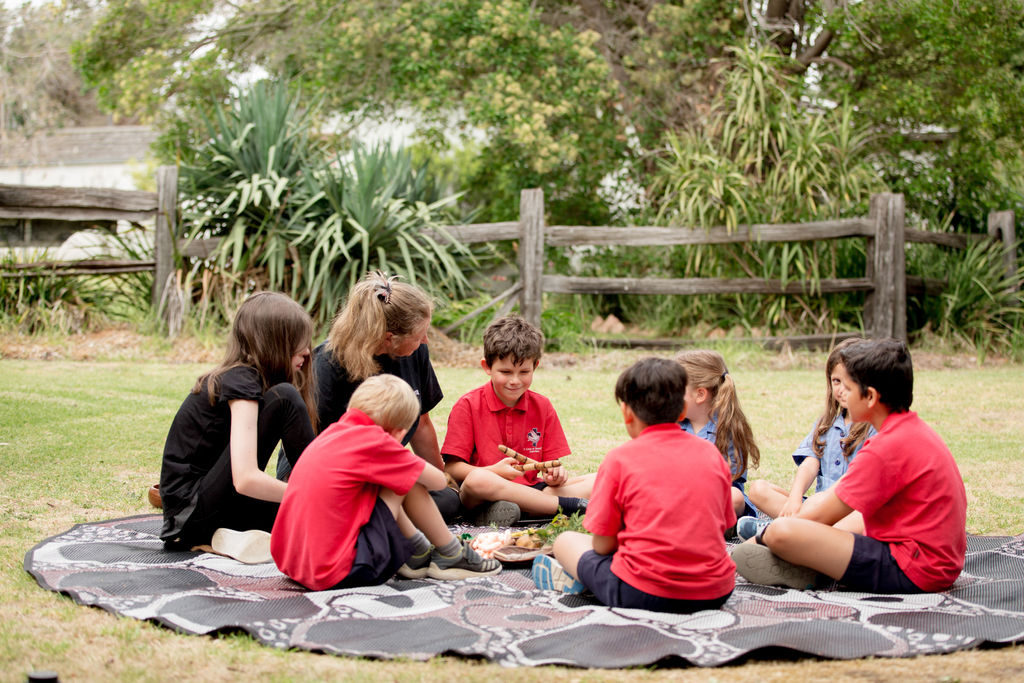National Trust Statement on Reconciliation

In light of recent examples of the destruction of Aboriginal cultural heritage, and continuing threats to recognised sites, the National Trust of Australia (Victoria) is reaffirming its commitment to reconciliation, as we strive to support the rights of Traditional Owners, and build a mutual understanding of our shared heritage.
National Trust of Australia (Victoria) Statement on Reconciliation
Thursday 9 July 2020
The National Trust is strongly committed to the journey of reconciliation, and we still have a long way to go. Supported by Board Director Ian Hamm, a Yorta Yorta man, and the National Trust’s Aboriginal Advisory Committee to the Board, we are currently developing our fourth Reconciliation Action Plan. As Victoria’s leading heritage organisation, we aspire to show leadership through reconciliation. Indeed, this is our responsibility. As an organisation, we will continue to strive towards reconciliation, to listen, and to support the rights of Traditional Owners.
Like many cultural institutions in Australia and internationally, the National Trust of Australia (Victoria) has been closely following the Black Lives Matter movement, and recent debates regarding historic monuments and places, as well as the appalling destruction of Aboriginal cultural heritage, and continuing threats to recognised sites.
In Victoria, the National Trust acknowledges that there has been a failure until relatively recently to adequately recognise and protect Aboriginal cultural heritage through legislation, and we support the rights of Aboriginal people to make decisions about Aboriginal cultural heritage.
As the custodians of 40 properties across Victoria, our vision for reconciliation is to facilitate the involvement of Aboriginal and Torres Strait Islander peoples in the custodianship and interpretation of their heritage at National Trust places, and in heritage programs and projects, to recognise and respect Aboriginal and Torres Strait Islander cultures and heritage, build a mutual understanding of our shared heritage, and work towards reconciliation.
The National Trust believes that it is vital to acknowledge the past, including aspects of our history which are painful and uncomfortable. In order to move forward, towards reconciliation, we must also expand our understanding of the past by acknowledging new perspectives, and recognising present injustices. We cannot erase history, but we can tell the whole story.
For more information on the National Trust’s journey of reconciliation visit: www.nationaltrust.org.au/reconciliation
+ There are no comments
Add yours